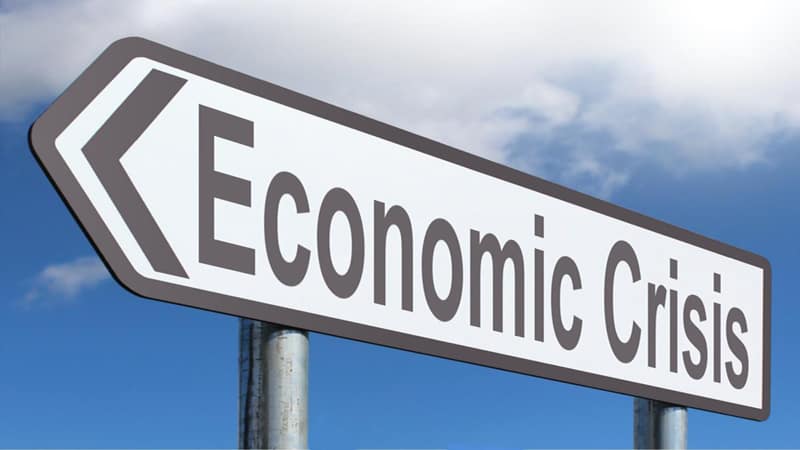n the wake of some recent stock market rallies, consumer confidence is slowly rebounding from its lowest depths in decades. But it will take much more than a few good days on Wall Street to restore people’s faith in the positive forces of the free market and globalization. A recent Harris Poll shows that nine out of 10 Americans now view corporations in a bad light.
As we prepare for the fifth annual meeting of the Clinton Global Initiative, which I launched in 2005, we are focused on helping corporations find ways to create value for both shareholders and society. By doing so, they can and will regain the public trust essential for long-term business success. The belief that companies must choose between doing good and being profitable is outdated; they increasingly understand that their responsibility to investors means being accountable to the society and environment in which they operate. Today, more of them are leveraging their core businesses to “do well by doing good.”
Even in this economic downturn, firms are well positioned to help people and communities—and they can make or save money doing it. I call on CEOs everywhere to embrace this concept as their own and apply it to their operations.
Just as information technology exploded in the 1990s, green technology is set to be the next major growth sector. Renewable energy, sustainable agriculture, green building design, eco-friendly construction and retrofits, greater efficiencies in lighting and appliances, smart grids, and clean-energy transportation are all markets that promise to generate jobs and profits globally. Companies are also “going green” by producing and packaging the products they sell with less material and more recycled content, which conserves natural resources, reduces shipping costs, and cuts carbon emissions.
Green technology is set to be the next major growth sector. It promises to generate both jobs and profits.
By investing in communities’ growth and welfare, a corporation empowers tomorrow’s customers and creates a stronger brand with a more loyal following. It can thereby weather economic downturns, ensure greater long-term profits, and attract more investors. This is especially true in emerging markets, where rapid growth is shrinking the distance between old-fashioned “charity” and smart investment.
Muhtar Kent, chief executive of Coca-Cola, is helping to lead this charge. His company’s manual distribution center program in Africa is an example of an innovative business solution that benefits both the enterprise and fledgling entrepreneurs in undeserved markets. The program allows independent entrepreneurs—including an increasing number of women—to set up distribution centers in behalf of the company. This model helps Coca-Cola secure hard-to-reach markets while creating job growth in those communities. So far, Coca-Cola has established 2,500 independent distribution businesses across Africa, providing direct employment for more than 11,000 people and generating more than $500 million in annual revenue.
In western Africa, Archer Daniels Midland partners with local cacao growers and cooperatives to provide support and education in areas ranging from agronomic to business management to HIV/AIDS prevention. Beyond producing considerable benefits for local farmers and their communities—better health, higher incomes, and job creation—the collaboration helps ADM ensure a sustainable supply of high-quality cacao beans for its customers well into the future. In the United States, where ADM transports millions of tons of crops and finished products via inland waterways each year, the company funds major river clean-up efforts and encourages employees to get directly involved as volunteers.
These are the kinds of commonsense measures at the center of the Clinton Global Initiative, which brings together political leaders, business executives, philanthropists, and leaders of nonprofits from all around the world to take action on our most pressing challenges.
Today, being a good corporate citizen requires more than business as usual—it requires investments in society and the environment. Short-term thinking got us into the financial mess, and long-term investments that also benefit the world around us can lead us out of it. Any large-scale efforts to solve the great global challenges that do not include the private sector will fall short. We are all shareholders in our children’s future and the future of our planet, and by working together we can build an economy in which everyone can benefit from free markets.





